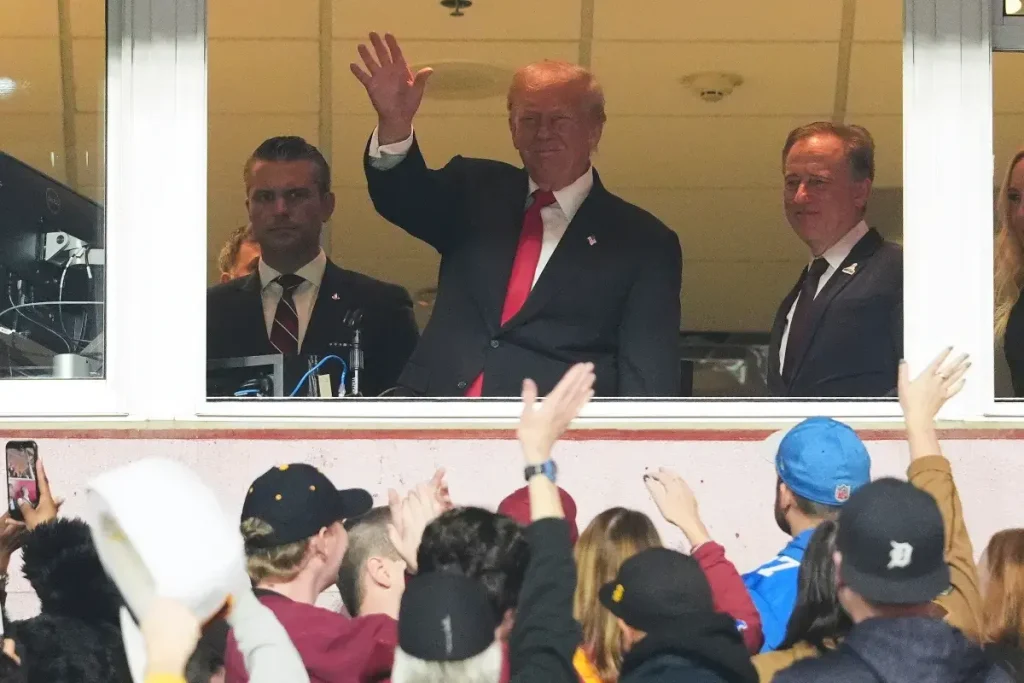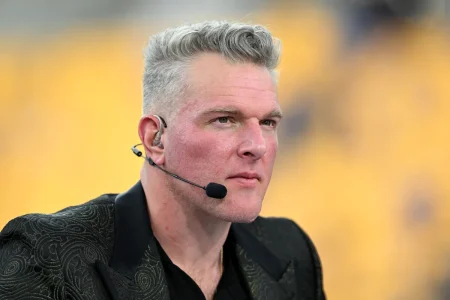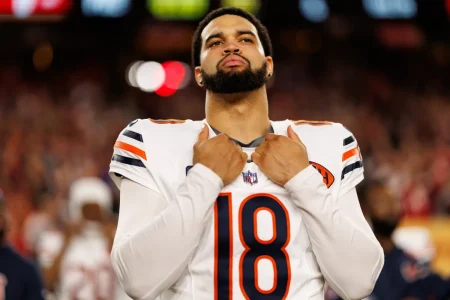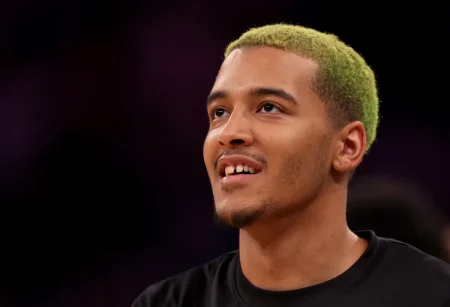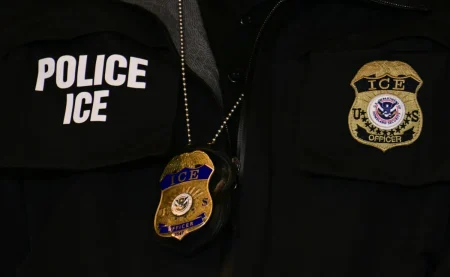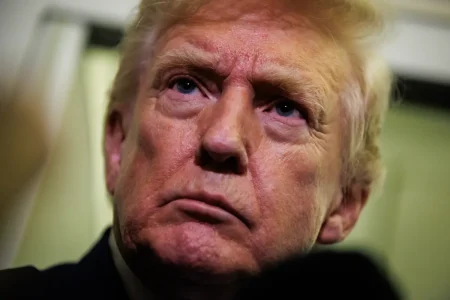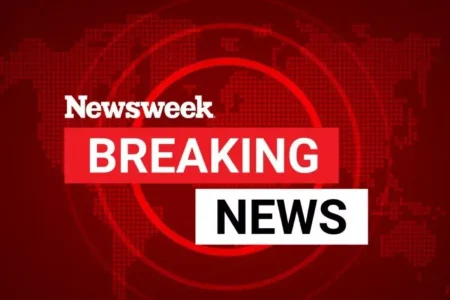Trump Weighs In on NFL Coaches as Political Leaders, Sports Issues
President Donald Trump made a notable appearance on ESPN’s The Pat McAfee Show on Tuesday, just days after his historic attendance at the Detroit Lions and Washington Commanders game where he provided commentary on Fox. Speaking from the Marine Corps Recruit Depot at Parris Island, South Carolina, as part of Veterans Day observations, Trump shared his thoughts on the leadership qualities of NFL coaches and their potential in political roles, while also addressing several controversial topics in modern sports. This conversation highlights the increasingly blurred line between sports and politics in American culture, especially as the country approaches another election cycle.
During the interview, former Green Bay Packers linebacker AJ Hawk asked Trump which NFL coach might make a great president. While Trump didn’t directly answer the question, he praised Philadelphia Eagles coach Nick Sirianni, saying, “He’s some coach… He’s great.” The President expanded on this thought by drawing parallels between coaching and military leadership: “Some of these coaches would make great warring generals. It’s all about strategy.” Trump seemed open to the idea of bringing sports leaders into government roles, adding, “I would not be beneath doing that. They are tremendous guys, great leaders.” This perspective reflects a common American tendency to view sports leadership as a training ground for other leadership domains, including politics and business.
The conversation shifted to college sports when Trump praised retired Alabama Crimson Tide Coach Nick Saban, suggesting that Saban should have a larger role in shaping college sports policy. This comment comes at a time when college athletics faces unprecedented challenges regarding player compensation and the future of amateur sports. Trump specifically addressed the Name, Image, and Likeness (NIL) bidding wars that have transformed college recruitment, calling the current system unsustainable. He warned that without spending caps, even the wealthiest college athletic programs could “go out of business,” and expressed concern that Olympic-feeder sports might be cut from college budgets as football and basketball consume increasingly larger portions of athletic department resources.
Trump’s commentary extended to specific aspects of the game itself, most notably his criticism of the NFL’s kickoff rules. “I hate the kickoff in football. I think it’s so terrible. I think it’s so demeaning,” he stated, joining a chorus of voices debating recent rule changes designed to increase player safety while maintaining the excitement of the game. This kind of detailed sports critique from a sitting president underscores how deeply intertwined sports and national culture have become, with even specific rules and gameplay decisions becoming topics for broader cultural and political discourse.
Perhaps most revealing was Trump’s philosophical take on sports as a metaphor for life and leadership. “To me, it’s like a microcosm of life. It really is. You see the winning and the losing and the comebacks and the routes. You see everything. And you see it quickly,” he explained. “You don’t see it over a lifetime, you see it over two hours. And you watch football, you watch games that are won, and all of a sudden they’re fighting for survival, and they lose the game, or they barely win the game… Life is very much like that. You have to fight, and you have to just keep fighting, no matter what the circumstance, and you’re going to win. And ultimately you got to win, about winning, and you got to keep winning.” This perspective offers insight into Trump’s competitive worldview that has characterized his approach to both business and politics.
As the president leaves the door open for more coaches and sports figures to enter public service or advisory roles, his appearance on The Pat McAfee Show represents another chapter in the evolving relationship between American sports and politics. Whether this leads to more sports personalities considering political careers or increased political commentary during sporting events remains to be seen. What’s clear is that the traditional boundaries separating these domains continue to dissolve, creating a new landscape where leadership lessons, competitive philosophies, and public policy discussions flow freely between the stadium and the capitol, the locker room and the situation room, in ways that reflect America’s complex relationship with sports as both entertainment and cultural institution.




